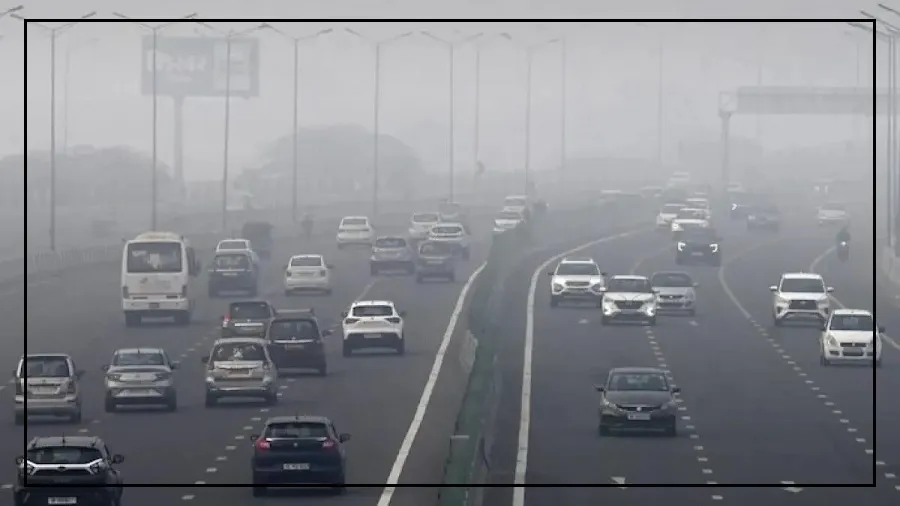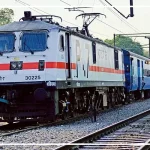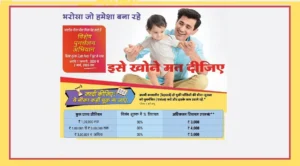The Capital has officially entered the pre-winter smog season.
On Tuesday, Delhi’s air quality index (AQI) crossed the 200 mark — slipping into the “poor” category for the first time since June.
This decline comes just a week before Diwali, with forecasts showing no improvement anytime soon.
In response, the Commission for Air Quality Management (CAQM) has activated Stage 1 of the Graded Response Action Plan (GRAP).
This means stricter monitoring of open burning, dust control, and other anti-pollution measures across the National Capital Region (NCR).
Why the Air Is Getting Worse
According to data from the Central Pollution Control Board (CPCB), Delhi’s 24-hour average AQI stood at 211 at 4 PM — a clear sign that air pollution is rising fast.
Experts blame the worsening air on two main factors: slower wind speeds and lower night temperatures, both of which trap pollutants closer to the ground.
The situation could turn even more severe around Diwali, when firecracker smoke, vehicular emissions, and farm fires from nearby states add to the toxic mix.
The Air Quality Early Warning System (EWS) has predicted that the AQI might hit the “very poor” category in the coming days.
What GRAP Stage 1 Means for Delhi
Stage 1 of GRAP kicks in when the AQI crosses 200.
It focuses on controlling pollution from dust, vehicles, and industrial emissions.
The following measures are now in force across Delhi and the NCR:
Regular road cleaning and water sprinkling to control dust.
Anti-smog guns and dust suppression at construction and roadwork sites.
Strict checks to prevent burning at landfill sites and open waste burning.
No tolerance for polluting vehicles — authorities can stop or fine them on the spot.
Ban on overaged diesel and petrol vehicles, as ordered by the Supreme Court and NGT.
No regular use of diesel generators for power supply.
Clean fuel only in hotels, restaurants, and open eateries.
Unified commuting plans encouraged for office employees to cut down on traffic.
Officials said that all NCR agencies have been asked to intensify monitoring and ensure these steps are strictly followed.
The CAQM will review the situation regularly to decide if tougher restrictions (Stage 2 and beyond) are needed.

























